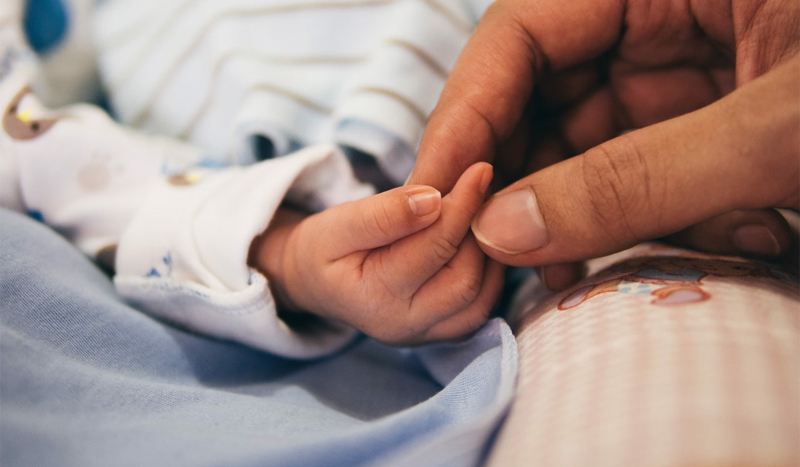
Aditya Romansa / Unsplash
CV NEWS FEED // A father who welcomed his youngest child at the age of 44 wrote that in an age of indifference and despair, having children is a sign of hope.
“This was an unusual pregnancy. We are both 44,” Grant Martsolf wrote in Angelus News. “We also have two teenage children. We were five years away from the coveted ‘empty nest.’”
He noted that while many people assumed the baby was unplanned, he and his wife made a deliberate decision to reopen themselves to life, undergoing a vasectomy reversal in 2021, and to have another baby in addition to their two teenagers.
“This is surely quite strange,” Martsolf wrote. “But, even ignoring our age and family structure, there is something fundamentally strange in 2024 about having a third child at all.”
Martsolf called into question the narrative that the birth rate is declining because education and economics are improving, noting that demographer Lyman Stone found evidence that higher birth rates are actually associated with a family’s overall economic growth. However, this association changes depending on different demographic sub-groups.
“Stone believes that culture, not income and education, is driving the decline in fertility rates,” Martsolf wrote. For instance, religious families in the United States tend to have a birth rate three times higher than the average, he noted.
Martsolf then pointed to the work of Johann Kurtz, who connected lower birth rates with the value system in liberal societies that devalues motherhood and pregnancy.
“I agree with Kurtz’s assessment, but I would go even further and argue that we are no longer having children primarily because we are too bored to do so,” he continued.
He called boredom “a uniquely modern experience, a functional emotion that alerts us to a deeper despair, which is a psychological state marked by a lack of meaning, purpose, and hope. We ultimately cannot come up with any particular reason to do something rather than to do nothing.”
Having children, Martsolf said, is an act of hope. He quoted theologian Stanley Hauerwas, who wrote, “For Christians do not place their hope in their children, but rather their children are a sign of their hope … that God has not abandoned this world.”
Martsolf also noted that acts of hope do not always “compute” in the modern world.
He concluded, “Clearly, our act to bring new life into the world at 44 is not for everyone. But, to truly create a culture that can live hopefully toward the future, we all must make our own little incomputable acts.”

